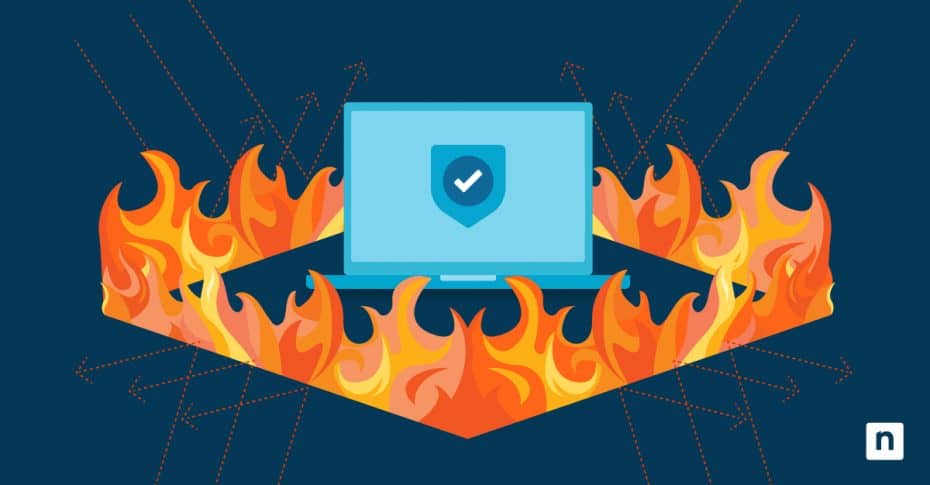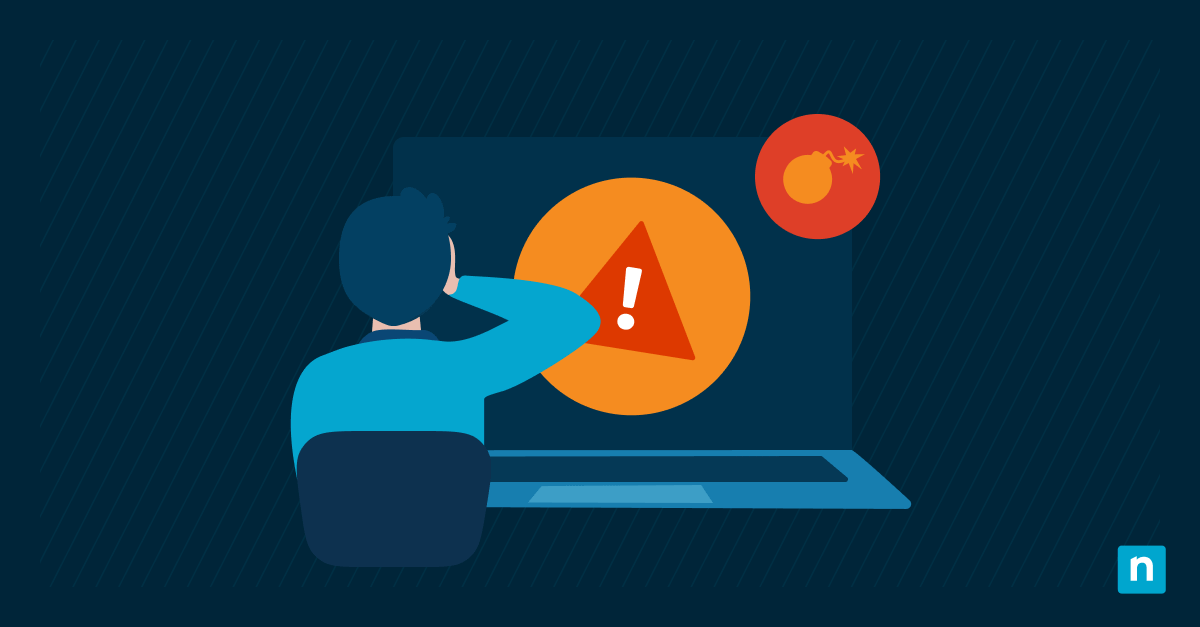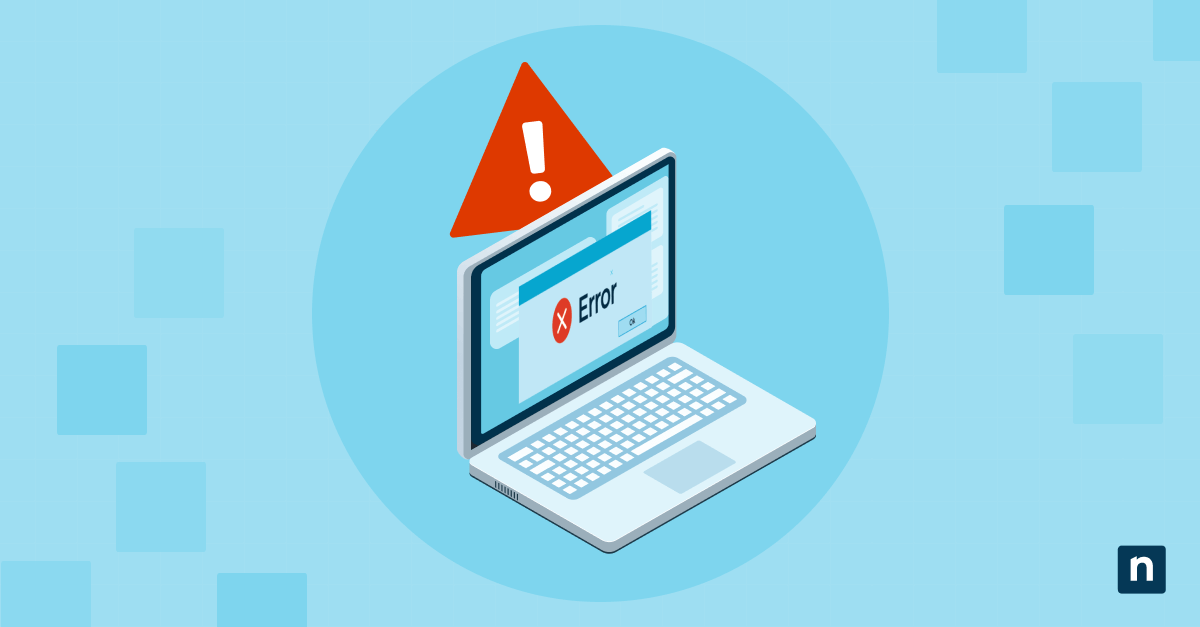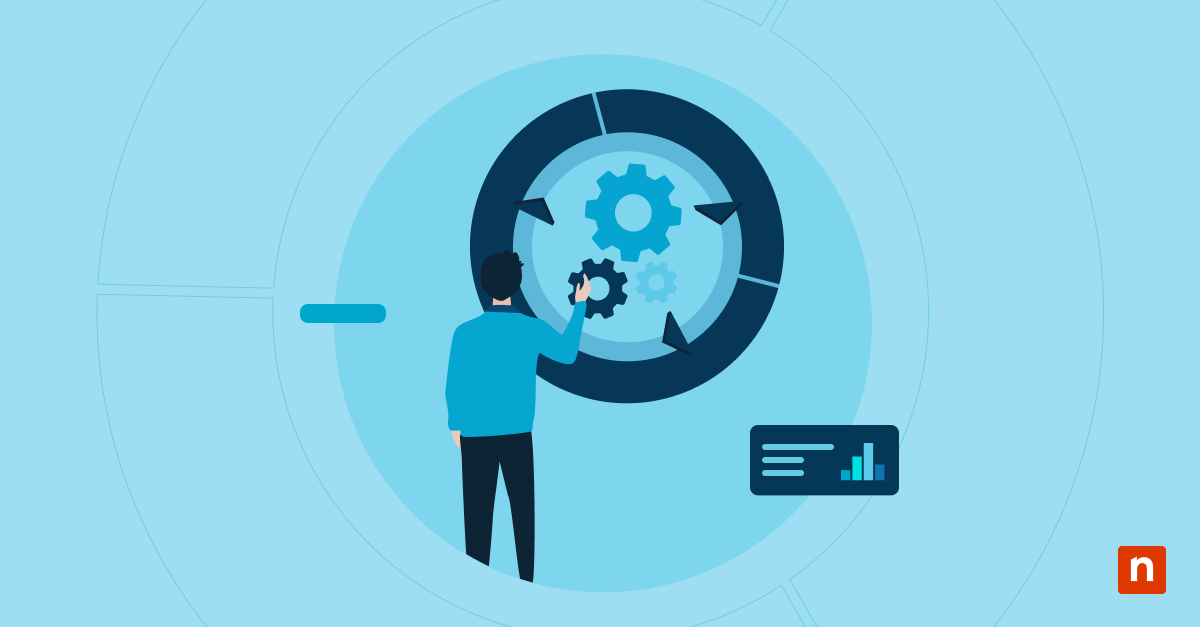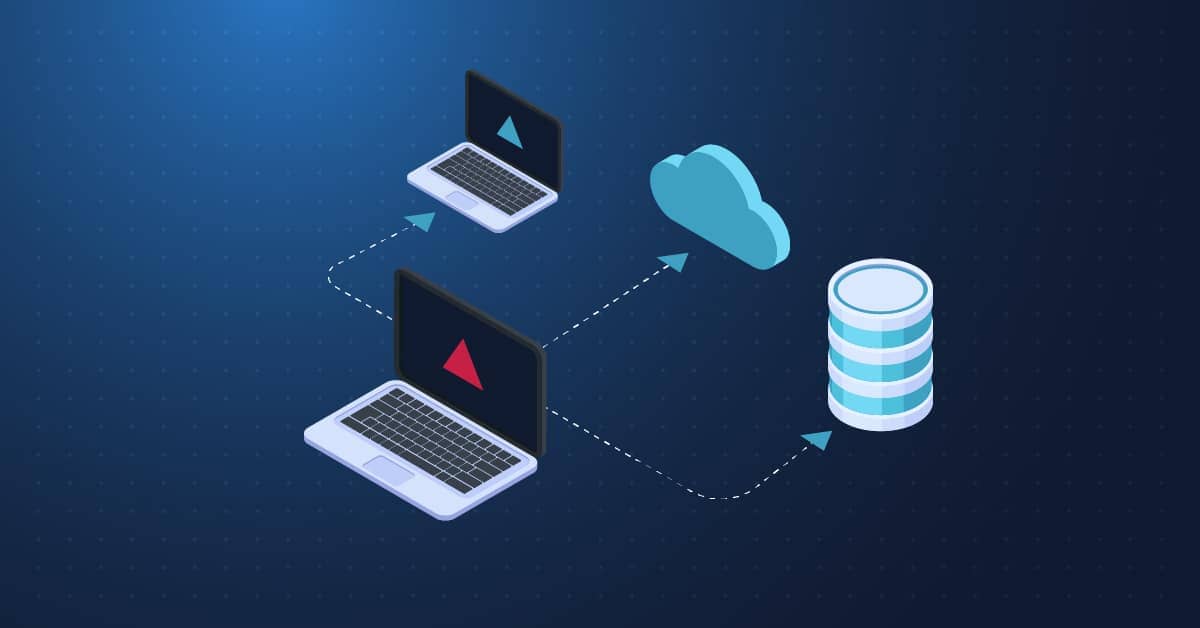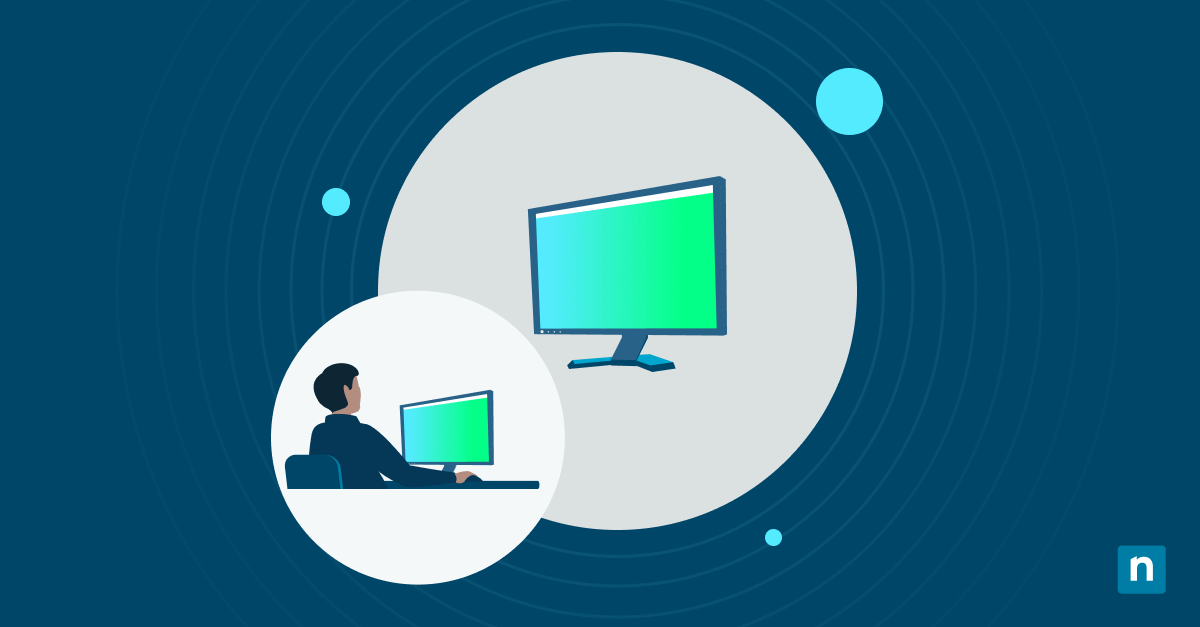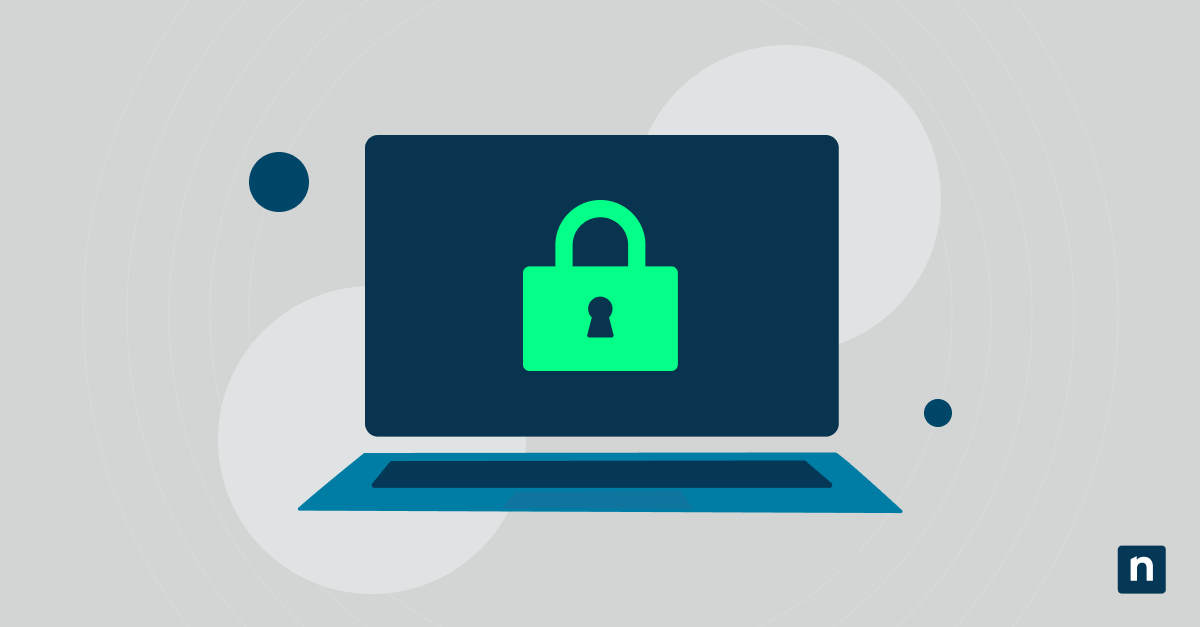Your organization depends on reliable network and endpoint security to ensure that all data is handled, stored, and protected properly. Generally, a comprehensive network security plan includes anti-virus software, access management, zero-trust policies, and endpoint security tools, among other things. A Firewall is considered to be one of the most important components of a network security plan.
A firewall is one of the first lines of defense against malware and attacks, and it has a variety of functions that help safeguard networks and data. It can be challenging to choose the best option for your environment given the wide variety of firewall types and network monitoring and management tools that you can use in conjunction with your firewall. However, especially if you use the cloud for data storage or hosting applications, you need to include firewalls in your network security implementations.
For a visual walkthrough of the key concepts covered in this blog, watch our video: What is a Firewall?.
What is a firewall?
A firewall is a network traffic filtration device that detects and blocks unusual or likely malicious traffic while still allowing normal traffic to access your website or applications. It bases this filtration on protocols and rules set by your organization, and its protection insulates your internal network from the rest of the internet. Many firewalls are scalable, and they use network address translation (NAT) to map your internal IP address to a shared web-facing address.
The primary purpose of a firewall is to act as an initial line of defense against attackers. While it cannot act as a complete network security solution on its own, the firewall is a necessary component. Its ability to quickly react and filter out malicious traffic makes it essential to reducing the risk of a successful infiltration, and because filters are also active for outgoing traffic, a firewall can prevent sensitive information from leaving your environment.
Why do organizations need a firewall?
Many organizations agree that a proactive approach to security is much more efficient than implementing a recovery plan after an incident has occurred. Generally, the expenses of downtime and recovery almost always cost more time and resources than prevention tools. Firewalls are one of those prevention tools, and along with network monitoring and management practices, they help prevent cyberattacks, data leaks, and unauthorized network access.
By limiting traffic within networks, firewalls protect network resources, data, and assets. Even if an attacker manages to infiltrate your network despite your security protocols, the firewall has a second opportunity to thwart the attack when the malicious actor attempts to exfiltrate data. Firewalls will flag and block unusual activity, reducing the risk that your data will be stolen or leaked.
Although firewalls can be expensive, a data leak or ransomware attack will cost significantly more, and the resulting reputation damage, sales decline, or potential litigation will do your organization no favors. By implementing firewalls, you can thwart basic attacks on your network without compromising the time you have to tackle other projects.
Types of firewalls
Firewalls are important for creating a secure network, and there are many different types of firewalls that have varying applications. Generally, firewalls filter packets and translate network or port addresses while working with VPNs, but each type has additional features, as well as some pros and cons.
-
Application-level gateways (proxy firewalls)
A proxy firewall mediates between your internal network and the rest of the internet by analyzing traffic from a unique IP address. Having its own IP address means that the proxy firewall can prevent the two networks from contacting each other, and this isolation is a disadvantage for attackers. Proxy firewalls are able to analyze incoming requests and data with high levels of detail due to operating at the application level, and they are the most secure and private firewalls. However, they sometimes have compatibility and latency issues.
-
Next-generation firewalls (NGFW)
This firewall deals with both traditional threats and more advanced malware through additional, sophisticated filtering. In addition to standard firewall filtering capabilities, NGFWs check packet payloads for recognizable malware, and they come with built-in ransomware and anti-virus protection to further bolster your security. The NGFW has far more features than a traditional firewall, but they also require more system resources and can slow down machines.
-
Stateful packet inspection (SPI) firewalls
SPI firewalls check the content of packets and determine whether it corresponds to existing traffic. If not, the packet is blocked. The security provided by dynamic SPI firewalls is much tighter than more static options, and there is more information available to security teams. However, SPI firewalls do not work at the application level, and they often are expensive and can slow down network connections.
Stateless vs stateful firewalls
Stateful firewalls are dynamic and filter traffic based on activities during a connection. These types of firewalls can use both context and traditional rules, so there are often fewer false positives for malicious users, and legitimate users are better able to access the website or application. Although these firewalls capture more nuances and may be more flexible, the complexity of their configurations may lead to mistakes, and where there are mistakes, there are vulnerabilities.
Large companies will likely find stateful firewalls helpful due to the sophisticated tracking features and exhaustive connection information these firewalls can gather from packets. The relatively high price tag attached to stateful firewalls is also not as prohibitive for organizations with more resources.
In contrast, stateless firewalls use more static metrics, such as source and destination, to determine whether traffic is legitimate. They are much faster and utilize fewer resources than stateful firewalls due to their simpler configuration, which makes them a better solution for organizations that depend on extremely fast network speeds. Smaller businesses are in a good position to take advantage of their lower amounts of traffic and the affordability of stateless firewalls.
Firewalls and network security
To reduce the potential attack surface, organizations can use Network Address Translation (NAT) within firewall configurations. NAT is designed to limit the visibility of IP addresses, specifically those of servers and clients that may contain sensitive information. The private IP address is obscured by NAT mapping it and others to a public IP address that does not expose your organization’s network. By using NAT in your firewall configuration, you reduce your risk of unauthorized access to your network.
Especially for organizations whose employees work remotely, NAT is a valuable tool for hiding your private network from the rest of the internet. However, it is not the only way to improve privacy. A Virtual Private Network (VPN) creates a private network connection that allows users to hide their IP addresses. VPN servers receive information before the user’s device, and then the information is encrypted before it reaches the user. Both of these network security tools can be used with firewalls to further bolster your organization’s security and privacy online.
Using NinjaOne to integrate firewall and antivirus solutions
Whatever firewall option you choose, it’s best to integrate it with other security measures, such as antivirus protection. The NinjaOne antivirus integration works with the Bitdefender firewall solution, and this is an easy way to implement protective measures in your organization.
To round out your suite of security tools, you should also consider using a virtual private network (VPN). As a rule, most modern firewalls are compatible with VPNs, and using the two in concert can significantly improve your organization’s security and privacy. Ultimately, it’s important that you balance network speed needs, the size of your organization, and the amount of detail about traffic that you need to see. By considering all of these factors, you will be able to choose the best firewall for your environment and integrations.

